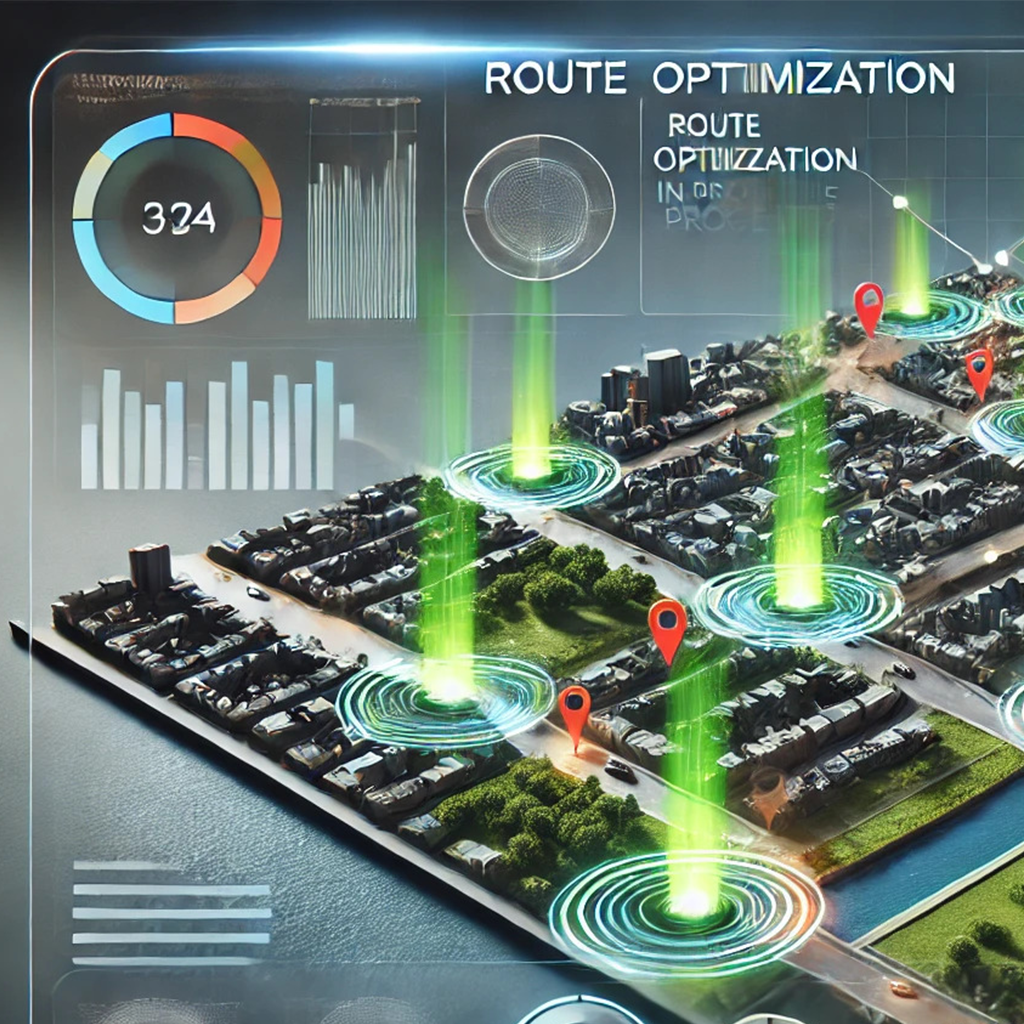From Smart Cities to Smarter Solutions: Tackling Urban Waste with AI
Picture a 21st-century smart city, one where sensors blanket every corner, cameras are omnipresent, and technology works seamlessly to create a clean, efficient, and healthy environment. People thrive in such a setting, enjoying the benefits of innovation that simplifies their lives.
Now imagine this city boasts an advanced environmental tracking system capable of monitoring air quality, UV light, and pollution levels with precision. Yet, despite its technological prowess, the city faces an all-too-human problem: garbage piles up in certain areas. Residents take to social media, posting pictures of overflowing bins and littered streets, launching viral hashtags like #LitteredFuture and #UrbanWasteAwakening. The mayor faces public outrage, the sanitation workers are scapegoated, and every attempted solution falls short.
The millions spent on environmental sensors and monitoring systems now seem wasted, just like the garbage in the streets. But this outcome isn’t inevitable. What this city needs is a solution that goes beyond sensors: an artificial intelligence like ASSA.
What is ASSA?
ASSA is more than just an AI; it’s a tool designed to address complex, real-world problems with precision, speed, and intelligence. Unlike traditional systems, ASSA doesn’t stop at collecting sensor data; it integrates it with open-source information (OSINF) from the internet, including social media posts and community feedback.
This isn’t just data aggregation; it’s streamlined, simultaneous data collection and analysis. Where traditional systems rely on multiple teams to gather and compile information from disparate sources, ASSA does it all in real time, generating coherent, actionable outputs complete with recommendations and reasoning.
Rethinking Reliability with RAG
A common criticism of AI systems is their unreliability, especially when left to operate without human oversight. However, ASSA isn’t powered by a simple Large Language Model (LLM); instead, it employs Retrieval-Augmented Generation (RAG), a fundamentally different approach.
RAG models don’t just generate answers, they retrieve data from reliable sources, including academic studies, government databases, and real-time sensor feeds. The output is backed by verifiable evidence, with citations provided for transparency. This ensures that human operators need only confirm the usefulness of the analysis, rather than second-guessing its accuracy.
ASSA bridges the gap between two traditionally opposing needs: speed and academic precision. By automating the tedious process of data collection and cross-referencing, it accelerates response times while maintaining a rigorous standard of reliability.
Practical Applications: Waste Management Redefined
Let’s return to our hypothetical smart city. With ASSA, the response to garbage pile-ups would be swift and strategic:
- Immediate Detection: As soon as garbage accumulates, ASSA processes real-time sensor data alongside geotagged social media posts, identifying problem areas faster than any manual system could.
- Strategic Resource Allocation: The AI identifies patterns, such as areas with insufficient garbage bins, under-serviced neighborhoods, or poorly timed waste collection routes. It then recommends actionable solutions, like redistributing bins, optimizing truck routes, or scheduling extra pickups.
- Cost Efficiency: By pinpointing root causes, ASSA prevents unnecessary spending on blanket solutions, ensuring resources are allocated precisely where they’re needed.
- Public Engagement: ASSA turns public complaints into actionable insights. Instead of fueling outrage, posts about litter contribute to a feedback loop that drives tangible improvements.
Transforming Cities, Improving Lives
ASSA doesn’t just address waste management; it creates ripple effects across urban life. Cleaner streets mean improved air quality, higher property values, and happier citizens. Efficient resource allocation reduces costs for city administrations, freeing up funds for other critical projects.
By combining real-time responsiveness with academic accuracy, ASSA offers cities the tools to adapt to the unpredictable dynamics of urban life. It ensures that technological investments genuinely improve quality of life, turning smart cities into truly smarter solutions.
So, the next time a hashtag like #UrbanWasteAwakening goes viral, imagine a world where the response isn’t outrage but action—and where technology like ASSA transforms problems into opportunities for growth and innovation.

